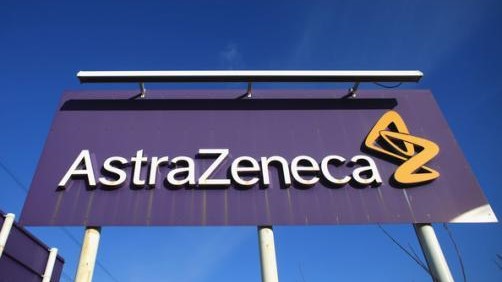AZ preps for US filing of kidney disease anaemia drug

AstraZeneca is gearing up for a US filing for its roxadustat, a potential drug for patients with anaemia from chronic kidney disease (CKD), after supportive phase 3 results.
AZ has been working on roxadustat since 2013, when it signed a deal with FibroGen to develop and market the drug in anaemia associated with chronic kidney disease and end stage renal disease.
Now it has results from the OLYMPUS and ROCKIES phase 3 trials showing roxadustat significantly increased haemoglobin (Hb) levels in non-dialysis dependent (NDD), and dialysis-dependent (DD) patients with anaemia from CKD, respectively.
The OLYMPUS trial compared roxadustat to placebo while the ROCKIES trial compared roxadustat to epoetin alfa.
In the OLYMPUS trial, roxadustat demonstrated a statistically significant improvement in Hb levels from baseline, with a mean increase of 1.75g/dL averaged over weeks 28 to 52, compared to 0.40g/dL with placebo, the primary efficacy endpoint.
In the ROCKIES trial, roxadustat demonstrated a statistically significant improvement in Hb levels from baseline with a mean increase of 0.77g/dL averaged over weeks 28 to 52, compared to 0.68g/dL with epoetin alfa, the primary efficacy endpoint.
AZ said there were no bad surprises on the safety side, with the most frequently reported adverse events, and serious adverse events consistent with those occurring in the very sick patient group.
Cardiovascular (CV) safety data from these trials will be reported as part of the pooled efficacy and CV safety analyses of DD-CKD and NDD-CKD patients from the global Phase III programme, which is being presented in the oral late-breaking abstract session at ASN Kidney Week today.
Fibrogen and AZ are collaborating on the drug in the US, China and other global markets, while FibroGen is working with Astellas on the drug in territories including Japan, Europe, the Commonwealth of Independent States, the Middle East, and South Africa.
Roxadustat is already approved in China for the treatment of anaemia in patients with CKD, regardless of whether they require dialysis.












